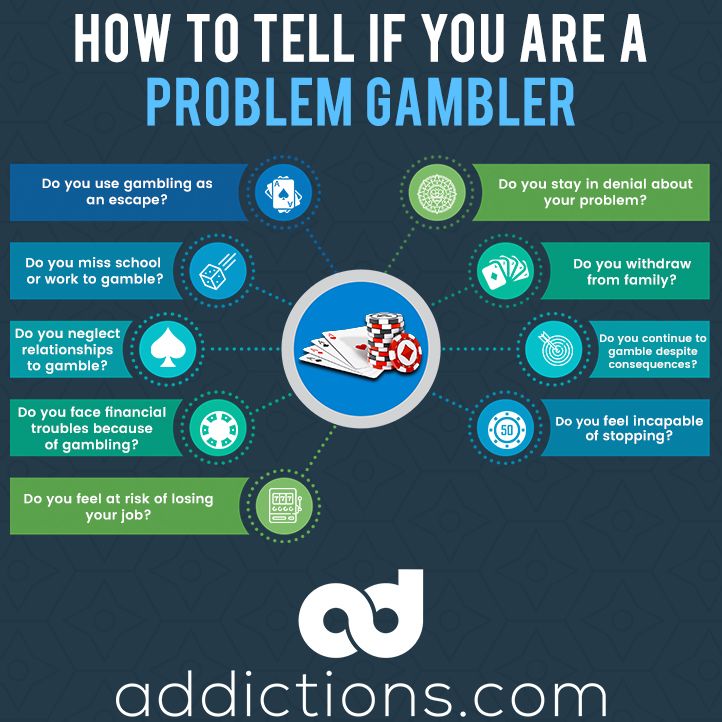Technology has made gambling more accessible than ever before. With just a few clicks, you can place bets on sports events, play poker, or try your luck at online casinos. While gambling can be a fun and exciting form of entertainment for many people, it can also become a problem for others. Problem gambling, also known as gambling addiction, can have serious consequences for both the individual and their loved ones. In this article, we will discuss how to recognize problem gambling and what steps can be taken to address it.
What is Problem Gambling?
Problem gambling is characterized by a compulsive need to gamble despite negative consequences. Individuals with a gambling addiction may feel the need to gamble with increasing amounts of money in order to achieve the same level of excitement. They may also experience restlessness or irritability when attempting to cut down or stop gambling.
Problem gamblers may find themselves lying to family and friends about their gambling habits, and may resort to illegal activities to fund their gambling. They may also neglect their responsibilities at work or at home in favor of gambling, and may experience financial problems as a result of their addiction.
Signs of Problem Gambling
It can sometimes be difficult to recognize problem gambling, as individuals with a gambling addiction may go to great lengths to hide their behavior. However, there are some common signs that may indicate a problem with gambling:
Frequent thoughts or conversations about gambling
Lying about gambling activities
Spending increasing amounts of money on gambling
Attempting to cut down or stop gambling without success
Borrowing money to fund gambling activities
Neglecting responsibilities in favor of gambling
Feeling restless or irritable when not gambling
Chasing losses by continuing to gamble in order to recoup previous losses
What to Do if You Suspect Problem Gambling
If you suspect that you or someone you know may have a problem with gambling, it is important to seek help. There are a number of resources available for individuals struggling with problem gambling, including support groups, counseling services, and treatment programs.
One of the first steps to addressing problem gambling is to acknowledge that there is a problem. It can be helpful to talk to a trusted friend, family member, or therapist about your concerns. They can provide support and guidance as you navigate the challenges of addressing a gambling addiction.
It may also be helpful to seek out professional help from a therapist or counselor who specializes in treating problem gambling. They can help you explore the underlying causes of your addiction and develop strategies for coping with triggers and cravings.
Preventing Problem Gambling
While problem gambling can be difficult to overcome, there are steps that can be taken to prevent it from becoming a problem in the first place. It is important to gamble responsibly and to set limits on both the amount of time and money spent on gambling.
It can also be helpful to avoid gambling when feeling stressed or depressed, as these emotions can increase the likelihood of developing a gambling addiction. Engaging in other activities, such as exercise or hobbies, can provide a healthy alternative to gambling.
By being mindful of your gambling habits and seeking help when needed, you can reduce the risk of developing a problem with gambling. Remember, gambling should be a form of entertainment, not a source of financial or emotional distress.
Conclusion
Problem gambling can have serious consequences for individuals and their loved ones. By recognizing the signs of problem gambling and seeking help when needed, individuals struggling with a gambling addiction can take steps towards recovery. Remember, there is help available for those who need it. Don’t be afraid to reach out for support.
